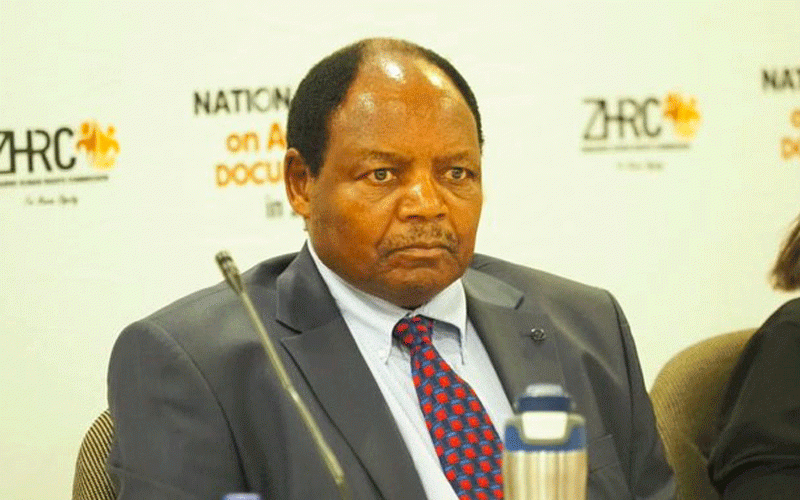
THE Zimbabwe Human Rights Commission (ZHRC) is demanding powers to issue court-enforceable orders to shrug off criticism that it is a ‘”toothless dog”.
ZHRC chairperson Elasto Mugwadi says some pieces of legislation impacting on human rights, including the Zimbabwe Human Rights Act, must be aligned to the Constitution.
Mugwadi said the commission could be “toothless” without such enabling Acts.
“This is something that we have been clamouring for. We wish our empowering Act to be amended so that it gives us powers to issue orders that can be registered with courts, they become court orders and then they become executed,” he told NewsDay over the weekend.
“This is happening in other jurisdictions. Go to Ghana, Kenya and all these other countries, they issue orders which can then be executed with the courts. We hope one day we will be able to convince Parliament to do exactly that.”
Zimbabwe has so far recorded 1 290 human rights violation cases since the beginning of the year, with the majority of the cases being political.
“We are toothless to the extent that if we make a recommendation and it is not honoured or fulfilled, we may not take the same measures as will be taken when a court order has been issued because if there was a court order, it will then have to be executed,” Mugwadi said.
On Monday, Mugwadi urged responsible authorities to respect and act on ZHRC recommendations.
- Rights Bill to be aligned to Constitution
- Rights commission says too broke to monitor 2023 polls
- ZHRC under global spotlight
- Stay away from politics, chiefs told
Keep Reading
He said this in a speech read on his behalf by ZHRC’s head of communications, Eric Mukutiri, at the celebrations to mark the Zimbabwe Human Rights NGO Forum’s silver jubilee in the capital.
“The commission regularly produces monitoring and inspection investigations reports with recommendations to implement in most cases by different ministries, departments and agencies of government including those made to improve our institutions such as prisons, old people homes and institutions with people with mental challenges to become more dignified; but the implementation of some of these recommendations have been lagging behind,” Mugwadi said.
He said the socio-economic and cultural rights of citizens continued to be negatively impacted by economic challenges as well as poor service delivery.
Mugwadi called on law enforcement agents to facilitate prosecution of offenders who commit human rights violations.
“Commemorations of the International Human Rights Day accord us to reflect upon the progress we have made in protecting human rights values and opportunities to learn as a country and acknowledge the challenges that lie ahead,” he added.










